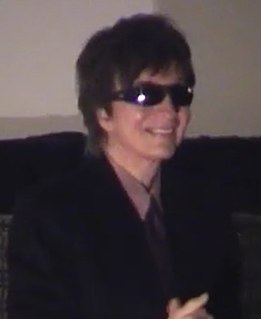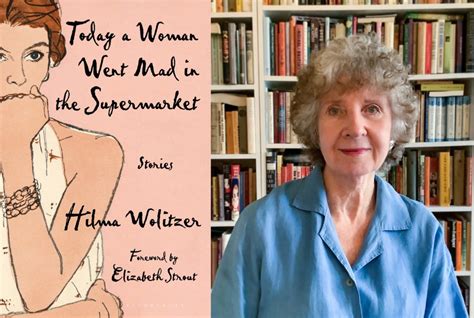A Quote by Julianne MacLean
Writing is a solitary occupation, and we like it that way.
Quote Topics
Related Quotes
Writing fiction is a solitary occupation but not really a lonely one. The writer's head is mobbed with characters, images and language, making the creative process something like eavesdropping at a party for which you've had the fun of drawing up the guest list. Loneliness usually doesn't set in until the work is finished, and all the partygoers and their imagined universe have disappeared.
Solitary. But not in the sense of being alone. Not solitary in the way Thoreau was, for example, exiling himself in order to find out where he was; not solitary in the way Jonah was, praying for deliverance in the belly of the whale. Solitary in the sense of retreat. In the sense of not having to see himself, of not having to see himself being seen by anyone else.
I think the occupation of my poetry is akin to this desire to be many things at once - things that sometimes conflict. Regarding how the quotidian makes its way into the work, it's all of it, in a way. Like, when I'm writing poems, I'm just picking up scraps of whatever is happening around me - a geographical location, a love affair failed, the day the air felt like rope.

































